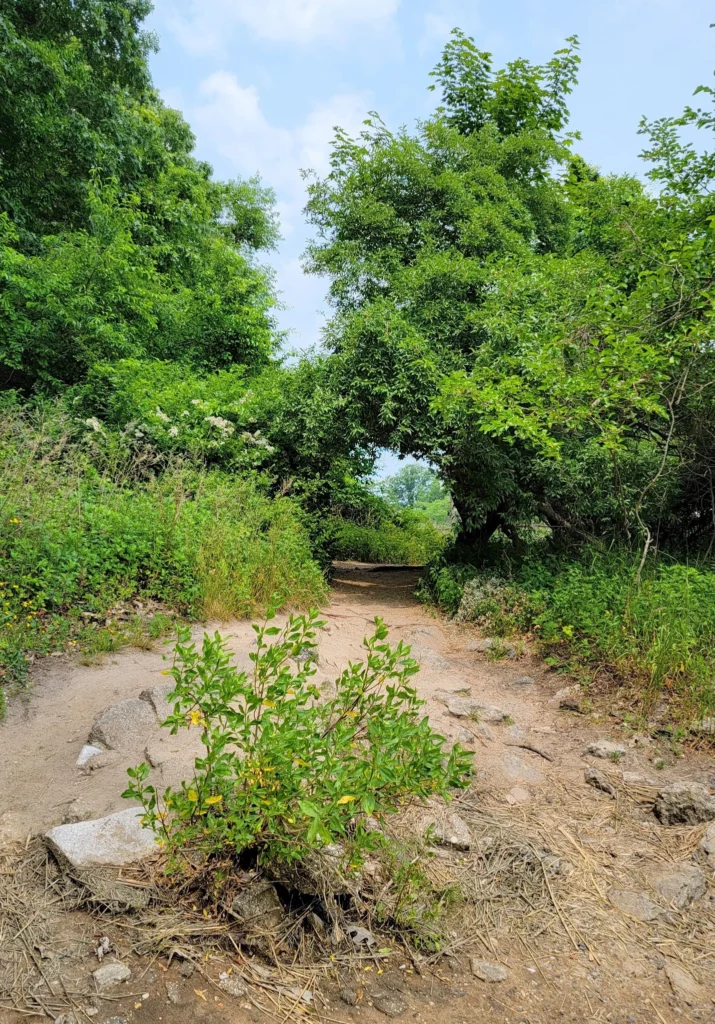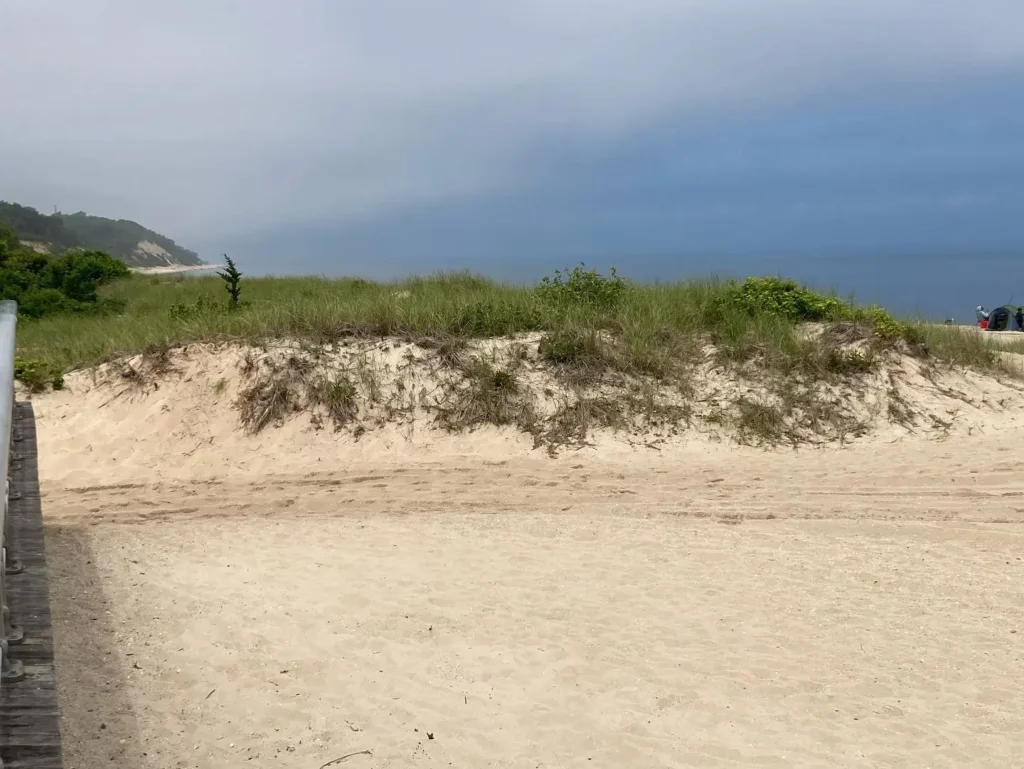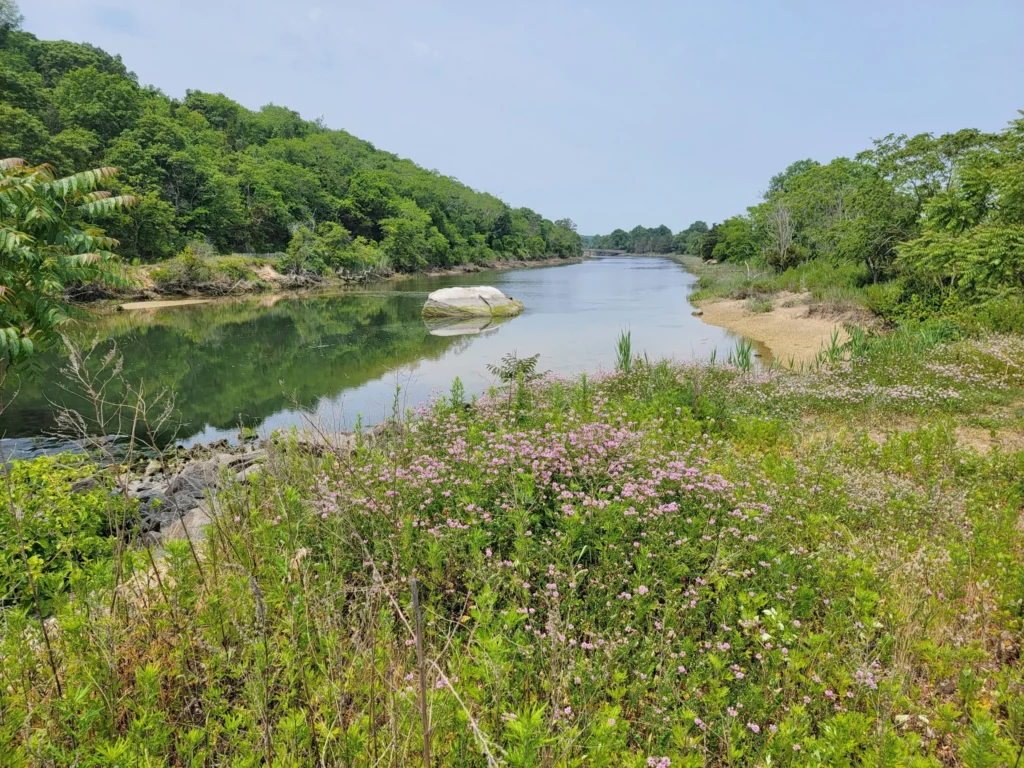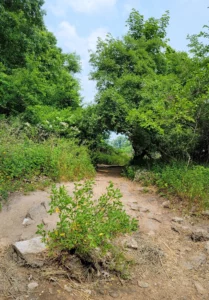Sunken Meadow State Park, nestled along Long Island’s north shore, transcends its identity as a recreational haven, playing a pivotal role in environmental research and ecological studies. In this article, we will delve into the park’s significant contribution to scientific endeavors, exploring ongoing research projects and partnerships with academic institutions that utilize Sunken Meadow as a living laboratory for environmental studies.

Living Laboratory for Environmental Studies:
Sunken Meadow State Park stands as a living laboratory where the natural environment becomes a canvas for scientific exploration. The diverse ecosystems within the park, from tidal marshes to wooded trails and sandy shores, provide researchers with a rich tapestry to study biodiversity, ecological processes, and the effects of environmental factors.

Ongoing Research Projects:
The park is involved in various ongoing research projects that contribute valuable insights to the field of environmental science. These projects cover a range of topics, including:
- Biodiversity Monitoring: Researchers at Sunken Meadow engage in ongoing biodiversity monitoring to track the abundance and distribution of plant and animal species. From migratory bird patterns to the presence of native flora, these studies contribute to a better understanding of the park’s ecosystems.
- Water Quality and Coastal Resilience: Sunken Meadow’s coastal location makes it an ideal site for studies on water quality and coastal resilience. Ongoing research projects examine factors such as water salinity, nutrient levels, and the impact of climate change on the park’s coastal habitats.
- Salt Marsh Ecology: The salt marshes within Sunken Meadow serve as focal points for studies on salt marsh ecology. Researchers investigate the role of these marshes in supporting diverse marine life, their ability to act as carbon sinks, and their resilience in the face of environmental changes.
Partnerships with Academic Institutions:
Sunken Meadow State Park actively collaborates with academic institutions, providing a platform for researchers and students to conduct field studies and gather data. These partnerships foster a dynamic exchange of knowledge and resources, benefiting both the scientific community and the preservation efforts within the park.
- Stony Brook University: As a prominent research institution in the region, Stony Brook University collaborates with Sunken Meadow on various environmental research projects. These initiatives often involve faculty and students from disciplines such as ecology, marine biology, and environmental science.
- Citizen Science Initiatives: Sunken Meadow engages the local community in citizen science programs, where volunteers contribute to data collection for ongoing research. These initiatives not only expand the reach of research efforts but also promote environmental awareness and community involvement.

Educational Outreach and Public Awareness:
Beyond contributing to scientific knowledge, Sunken Meadow State Park’s involvement in environmental research serves as an educational resource for the public. Interpretive programs, guided nature walks, and workshops offer visitors the opportunity to learn about the ongoing research within the park and the importance of preserving natural habitats.
Conclusion:
Sunken Meadow State Park’s role in environmental research exemplifies its commitment to conservation and the advancement of scientific knowledge. As a living laboratory for ecological studies, the park provides a unique and valuable platform for ongoing research projects and partnerships with academic institutions. By bridging the gap between scientific inquiry and public awareness, Sunken Meadow continues to contribute to the broader understanding of environmental dynamics and encourages a shared responsibility for the stewardship of Long Island’s north shore.




